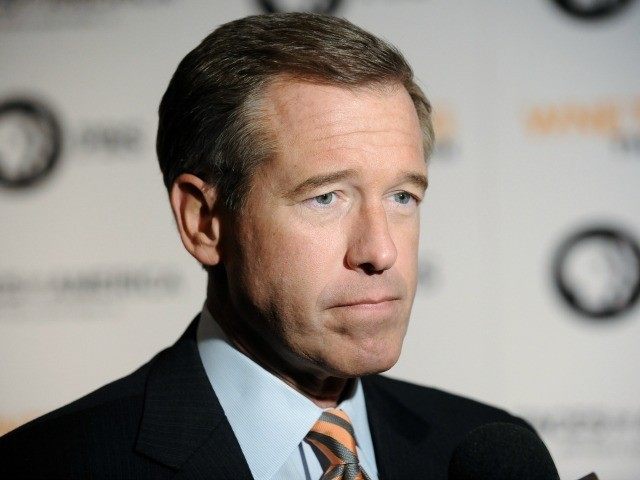The perceptual challenge that led NBC to suspend Brian Williams without pay for six months was obvious: If the public couldn’t trust Williams to accurately report the events he witnessed with his own two eyes, then how could they trust him to report anything at all? Not only was the credibility of NBC News at stake, so were the millions of eyeballs that NBC’s sponsors paid handsomely to reach.
After all, what good is a news anchor that the public cannot believe and — worse yet, for the company — will no longer watch?
An anchor’s foremost “brand assets” must include credibility, intelligence, integrity and insight; otherwise, all he offers viewers is entertainment-value and/or personable likability (both of which, incidentally, Williams had in spades). Williams had hoped that his initial apology of “misremembering” the events in Iraq would silence the critics and reestablish his credibility as an honorable, credible newsman. Instead, it backfired.
Here’s why it failed:
- When you make a mistake, explain why. Williams’ first explanation failed because he seemed utterly mystified how his unfortunate penchant for hyperbole came back to bite him. Williams should have been honest, contrite, and bared his soul. Even if you’re not entirely sure what happened, candidly reveal your innermost suspicions: If you were so moved by the courage and bravery of the men and women of the United States Armed Forces — and furthermore, if as a journalist, you’re constantly imagining what it would be like to live in harm’s way — then say so. If you suspect that your fear of being blown to bits in a warzone contributed to your confusion, acknowledge it. After flying in and out of international time zones, popping Ambien to reset your body-clock, and being repeatedly asked to recite what you saw and heard ad nauseum, if you somehow remember talking about what happened better than you remember what you actually saw, say so as well. Finally, if you’re ashamed because you now realize that you tried to pass off the bravery of those you placed on a pedestal as your own, say it. Be direct, own the situation, and force the audience to viscerally feel your sorrow and regret.
The public doesn’t expect you to be perfect. There’s a certain charm to a celebrity’s flaws: There’s something inherently honesty about baring your deep-seated imperfections. But when caught in a lie, you need to convey something other than your own bewilderment.
- Williams failed to immediately announce a plan to ensure this would never happened again. Simply acknowledging a mistake is never enough; you must also announce a new strategy to prevent the mistake from reoccurring. Williams could have declared that he’d forego Ambien in future overseas assignments, because he’d rather be sleepy for a few days than have anything interfere with your memory. He could have announced the hiring of a new, experienced ombudsman for the TV news division, who was specifically hired to triple-check every fact. And lastly, he could have sworn-off appearing on entertainment outlets, because he didn’t want the subconscious desire to entertain an audience to ever again compete with his duty to tell the truth.
He didn’t. And now he’s paying the price.
- Brian Williams failed to make amends with the injured party: The United States Armed Forces. NBC has enormous resources at its disposal. The Armed Services that safeguarded Williams during his time in Iraq should have received a gift that passed the “reasonable man test” as considerate and appropriate. Additionally, they should have also receive a personal, handwritten apology from Brian Williams, where he expressed his remorse. For example:
Dear XXX,
You and your colleagues are the most courageous people I know. I’m so grateful for your heroism, and so sorry I spoke falsely of my time with you. God knows you deserve better than that. When I returned to America, others thought I was being brave because I led them to believe that I took risks on one single day that you took every day; such is the enormity of your heroism. I hope you can find it in your heart to forgive me. Even if you can’t, please know that my admiration for you is eternal. You’re the bravest of the brave! Thank you for taking risks I never could, and may God bless you and your family for all the days of your life.
–Brian Williams
Brian Williams boasted falsely about his life being in mortal jeopardy. Now his career is now facing a life-and-death moment. Had he adopted the right crisis communications protocol, there’s a good chance he would have escaped unscathed.

COMMENTS
Please let us know if you're having issues with commenting.